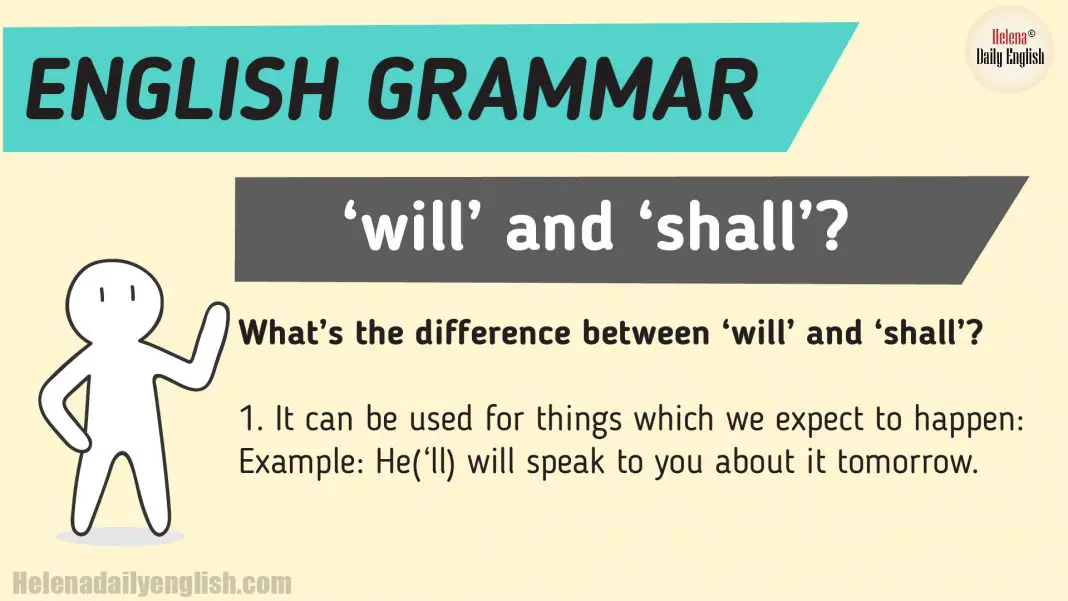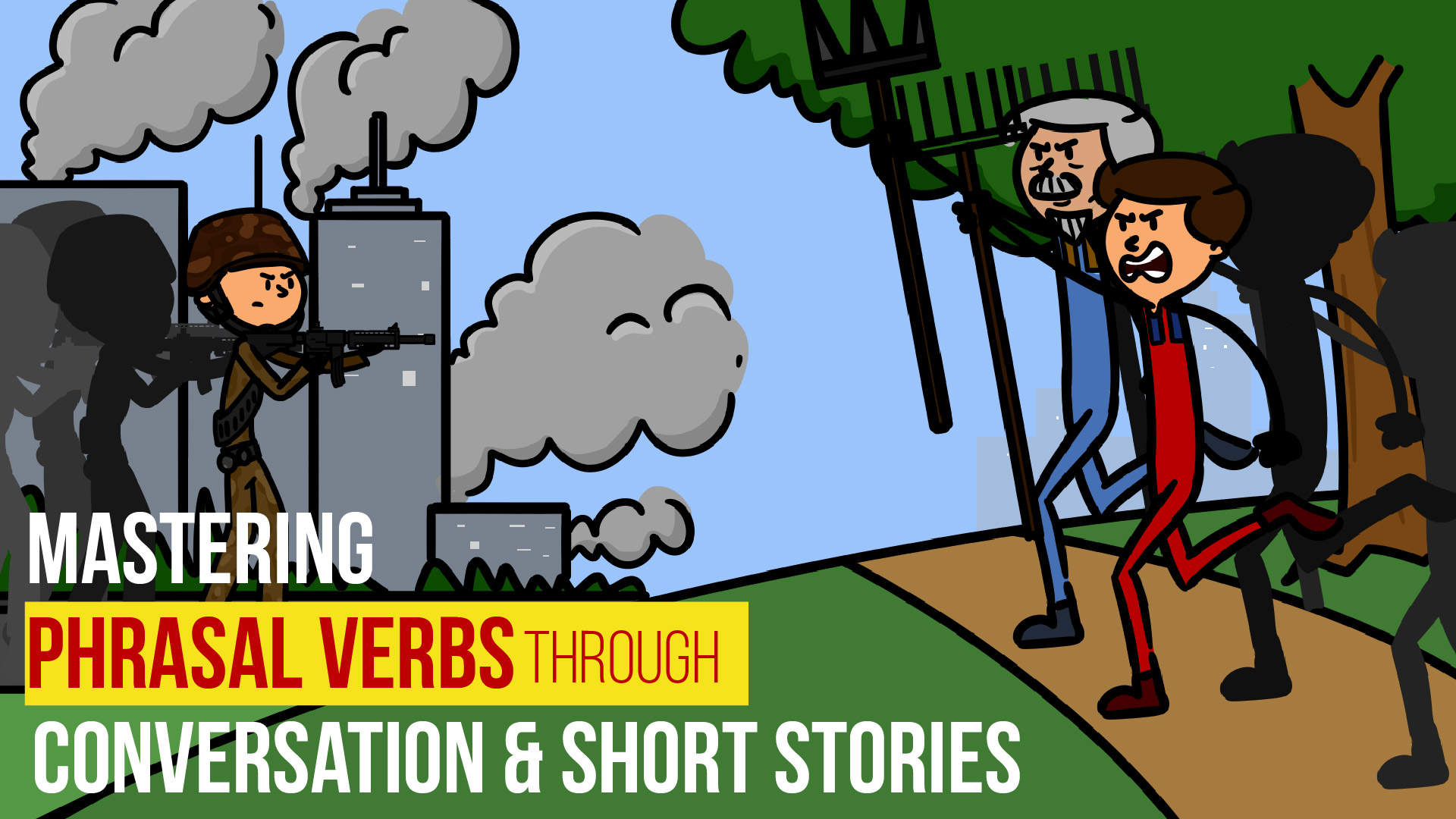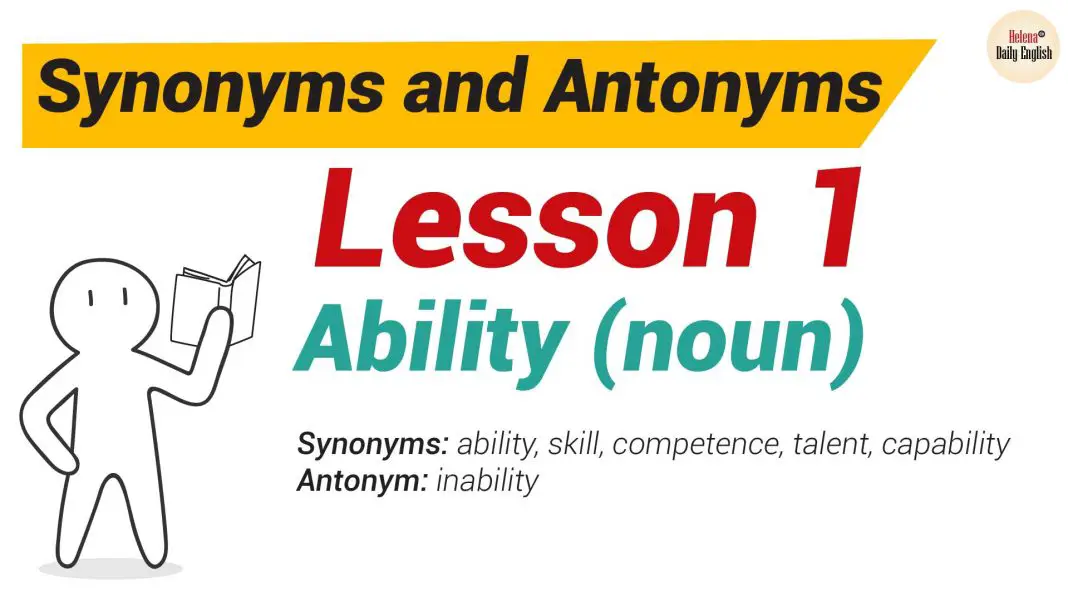What’s the difference between ‘will’ and ‘shall’?
Use of will and shall
- I’ll/will/shall
- You’ll/will
- He/she/it’ll/will
- We’ll/will/shall
- They’ll/will
The short form ‘ll can be used for both will and shall.
We usually use the long form in writing and the short in speech, but when we are writing informally we also use the short form.
The future auxiliary will has several different meanings:
- It can be used for things which we expect to happen:
Example: He(‘ll) will speak to you about it tomorrow.
- It can be used as a conditional with an if or whether clause:
Ex: Jane will give you a lift if you heed one.
- We use will or shall for requests and offers:
Ex: Will you help me sort out these books?
- When will is stressed it often means that someone insists on or persists in doing something:
Ex: Barry will keep handing in his homework late.
- Shall is always used in the first person in the question form:
Ex: Shall I leave the door open?
Ex: Shall we have lunch now?
- Shall is sometimes used in modern English with the first person (I or we) when we are speaking or writing formally:
Ex: We shall never forget your kindness.





